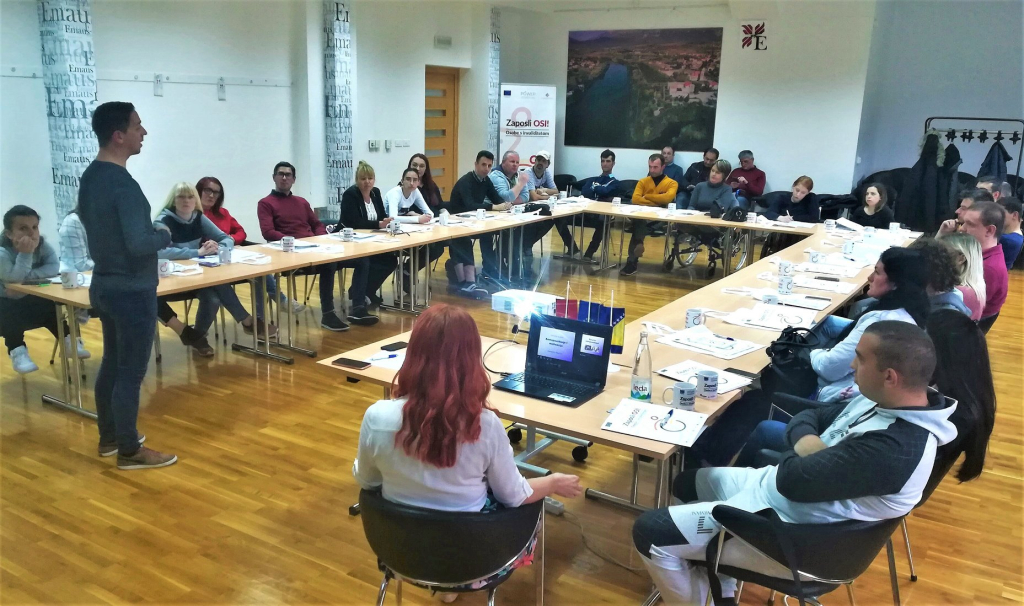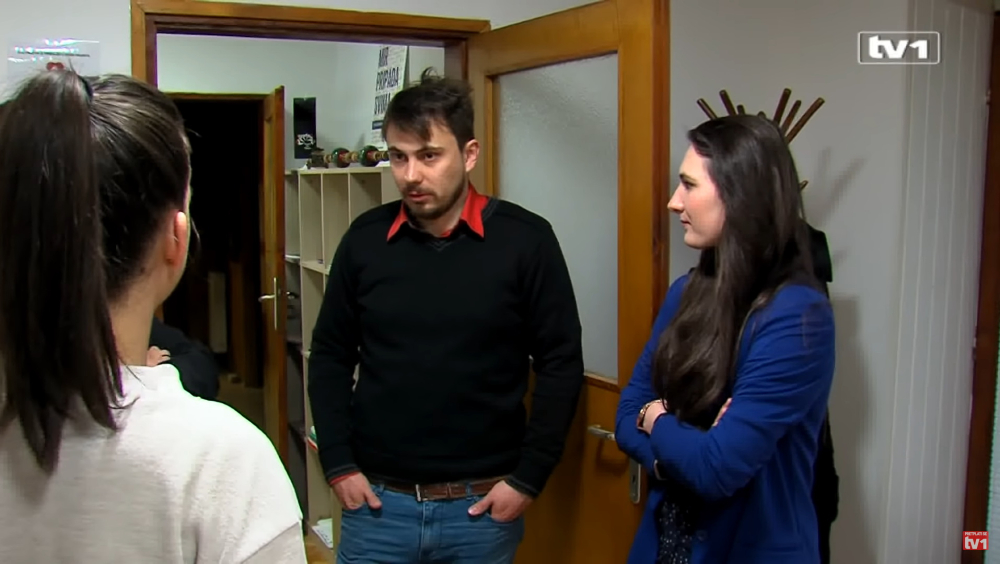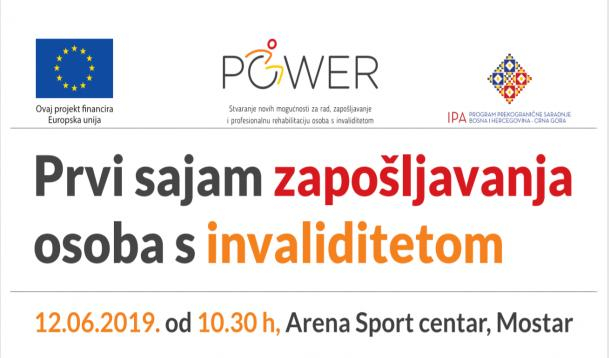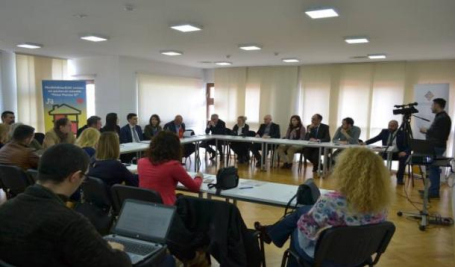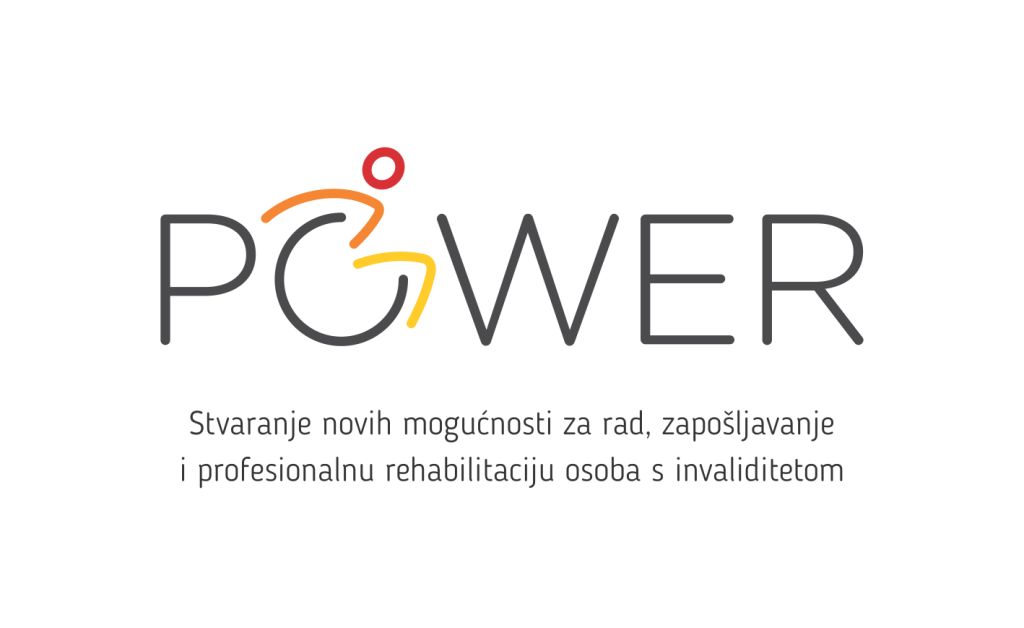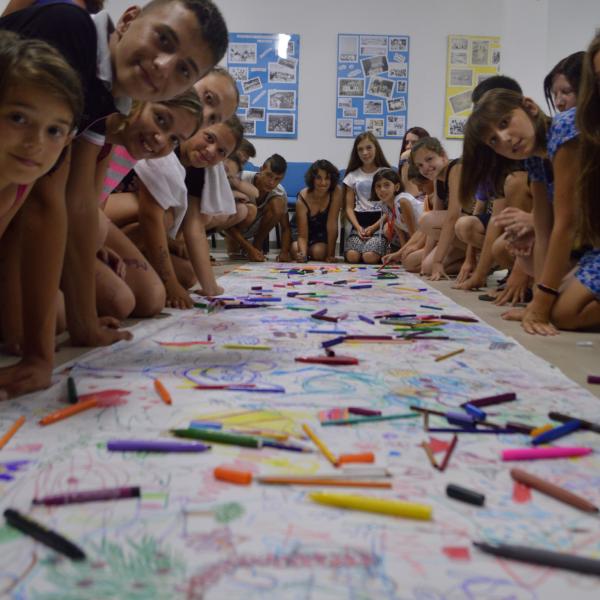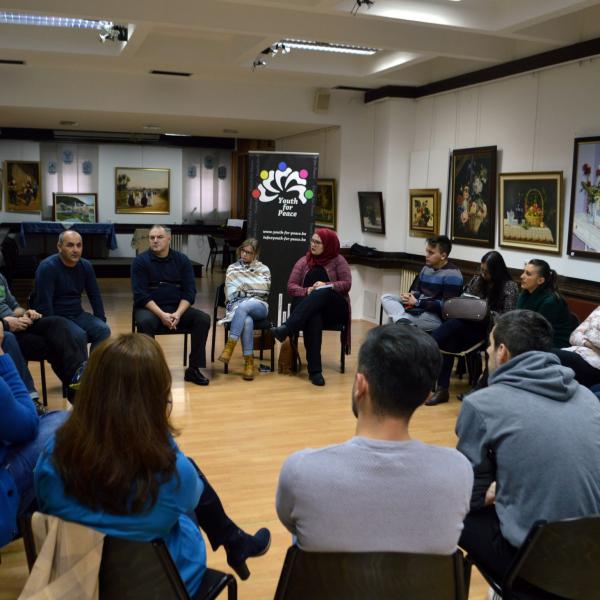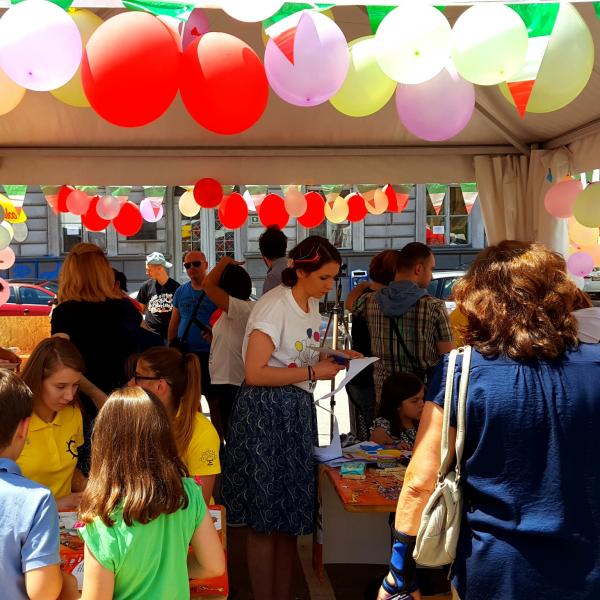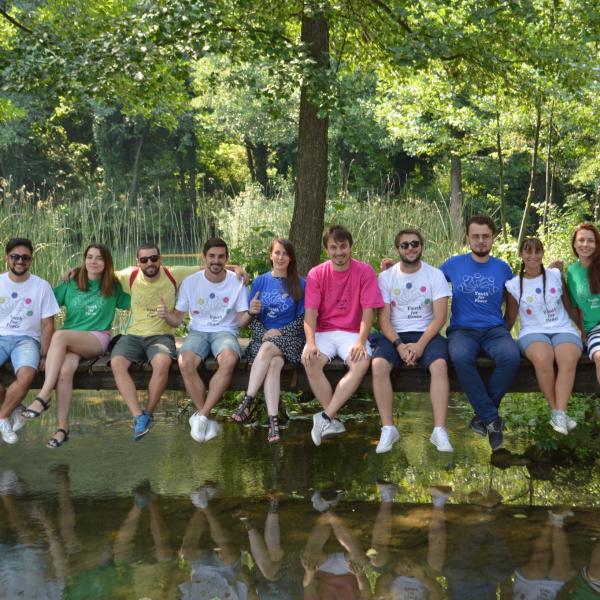Within the POWER project, trainees from Bosnia and Herzegovina and Montenegro had the opportunity to learn about youth education offered by this project. Topics that have been prepared for personal development education as well as the acquisition of new skills for youth preparation.
POWER projekt provodi Caritas Bosne i Hercegovine u saradnji sa partnerima iz BiH i Crne Gore: Caritas Barske nadbiskupije, Nadbiskupijski centar za pastoral mladih Ivan Pavao II, Udruga roditelja i djece s posebnim potrebama Vedri osmijeh, Fond za profesionalnu rehabilitaciju i zapošljavanje osoba s invaliditetom Federacije BiH, Udruženje Paraplegičara Bar i Biznis start-up centar iz Bara. Projekt će trajati dvije godine te se provodi na području Bosne i Hercegovine i Crne Gore.
Ciljevi ovog projekta su povećavanje zapošljavanja osoba sa invaliditetom, uspostavljanje funkcionalnijeg instutucionalnog okvira u BiH i Crnoj Gori za zapošljavanje OSI, jačanjem dijaloga između organizacija civilnog društva, poduzeća i javnih institucija te razvijanje odgovarajućih okruženja za zapošljavanje osoba sa invaliditetom. Projekt POWER je financiran od strane Europske unije, kroz IPA II Program prekogranične saradnje Bosna i Hercegovina - Crna Gora.
Between 15 and 17 September 2019, a meeting of trainees and mentors participating in the POWER project held in Herceg Novi, Montenegro. During two days, trainees and mentors gathered from Bosnia and Herzegovina and Montenegro, the countries where the project is being implemented.
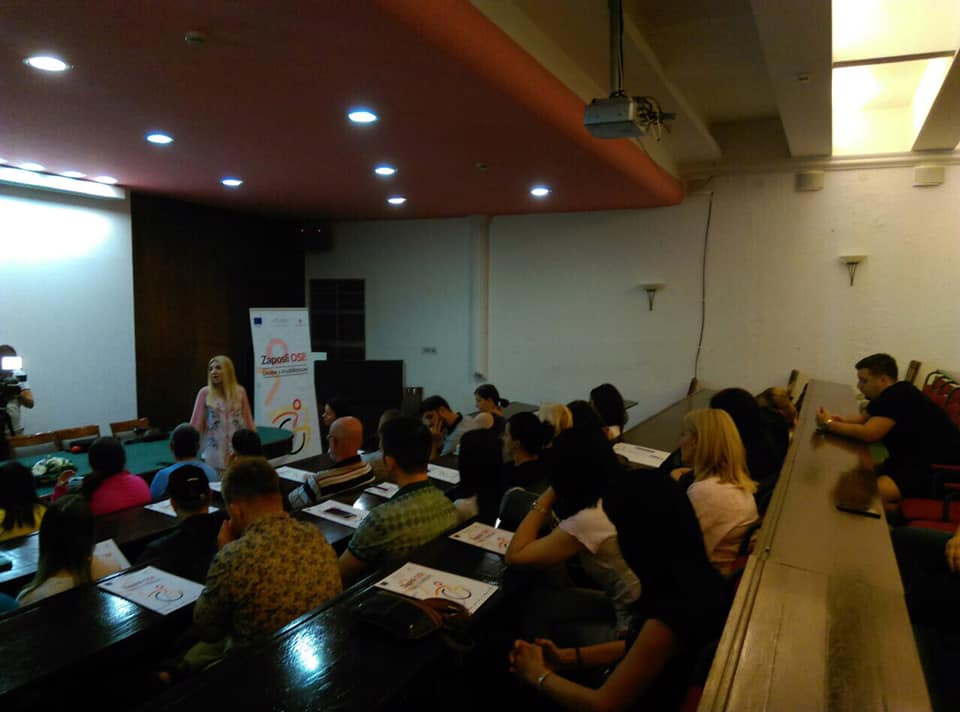 The meeting was an great opportunity for the participants to get know each other, share their knowledge, experience and skills, as well as to talk about the benefits of this project and all possible ideas for continuing the story of fighting and promoting the employment rights of persons with disabilities.
The meeting was an great opportunity for the participants to get know each other, share their knowledge, experience and skills, as well as to talk about the benefits of this project and all possible ideas for continuing the story of fighting and promoting the employment rights of persons with disabilities.
The POWER project is implemented by Caritas of Bosnia and Herzegovina in cooperation with institutions and organizations from Bosnia and Herzegovina and Montenegro and is funded by the European Union under the IPA - Cross-border Cooperation Program Bosnia and Herzegovina - Montenegro.
An interview with TV1 held in Sarajevo on March 19, 2019, at the Youth for Peace office. The interview was conducted with the president of the Youth for Peace organization, Daniel Eror, and Alma Mujanovic, an intern at our organization, on the POWER project.
The First Disability Employment Fairs was held in Mostar with the aim of promoting the rights to work and employment of persons with disabilities, in accordance with the UN Convention on the Rights of Persons with Disabilities. The fair was organized as part of the P.O.W.E.R project, funded by the European Union through the IPA II Cross-border Co-operation Program Bosnia and Herzegovina and Montenegro.
Thanks to the support of the European Union, through the IPA II Cross-border Cooperation Program Bosnia and Herzegovina - Montenegro, the implementation of the POWER project has begun: Creating new opportunities for work, employment and vocational rehabilitation of persons with disabilities. The POWER project, implemented by Caritas BiH with partner organizations, aims to create new employment opportunities for people with disabilities.
Eleven persons with disabilities who are hired as trainees in 11 different companies in BiH soon will receive mentors who will accompany and advise them on their jobs over the next year. The mentor training was held from February 16 to 18 in Potoci, near Mostar, as part of a European Union-funded POWER project. Mentors are employees of companies where persons with disabilities have been given the opportunity for internships and will be the link between the employer, the trainee and the project itself.
The training for the mentors was led by Anesa Agović, Executive Director of Global Analytics in Sarajevo, and the aim of the training was to develop the knowledge and skills of the trainees for disability/trainee mentoring. During the training, topics such as types and models of disability, use of correct terminology in communication with persons with disabilities, characteristics of successful mentors, etc. were addressed.
Zlatko Malić, POWER Project Manager, emphasized the importance of the role of mentors in this process, as a key link in the development of the professional skills of persons with disabilities. In addition to its educational character, this training was also an opportunity to exchange experiences, practices, and meet and connect mentors.
In the previous phase of the project, eleven, persons with disabilities from BiH and ten from Montenegro were given the opportunity for one-year internships in different companies earlier this year. Apprenticeships involve a short-term opportunity for persons with disabilities to develop professional skills and gain work experience, which will in many ways increase the chances of employment and fulfillment of the right to work for persons with disabilities.
(source: caritas.ba)




